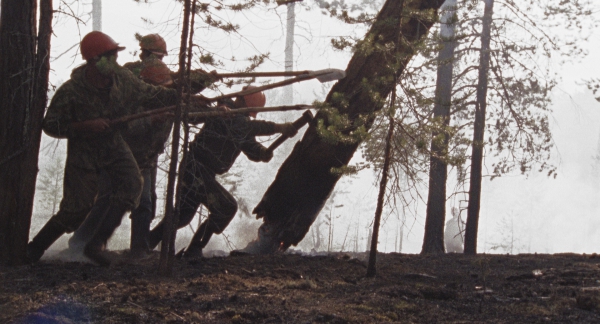Before entering the Netherlands Film and Television Academy, Jiska Rickels (1977)
performed in several music theater productions. In 1998 she entered the Dutch Film and Television School in Amsterdam. Here she showed a preference for a very visual style of filmmaking over films driven by dialogue or interviews.
After her third year in Amsterdam, she attended the Munich Film School in Germany. One of the projects she directed during this period was the short experimental documentary HIMMELFILM (2004), shot in Israel.
She also worked as the 1st assistant-director of Byambasuren Davaa and Luigi Falorni, for the oscar-nominated documentary THE STORY OF THE WEEPING KAMEL (2003) and THE TWO HORSES OF GHENGIS KHAN (2009) which where shot in Mongolia.
In 2003 Jiska Rickels graduated from the Dutch Film and Television School with UNTERTAGE (Days under), a documentary about miners in one of the last coalmines in Germany. After the success of UNTERTAGE, she started in 2004 with the four-chapter documentary 4 ELEMENTS, a documentary about men who are working under extreme situations with the four elements: Fire, Water, Earth, and Air. 4 ELEMENTS opened the International Documentary Festival Amsterdam (IDFA) in 2006 and has been successfully released in the Benelux. In 2007 Jiska Rickels won the title of ‘best director of the year’.
BABAJI, AN INDIAN LOVE STORY (2009) was theatrical released in The Netherlands and travelled to many festivals.
Her new film EL SONIDO DEL BANDONEON (2011) was the opening film of the Dutch Documentary Competition at IDFA 20011.
From 2003 till 2011 she was advisor for the Dutch Media Fund in Amsterdam.
